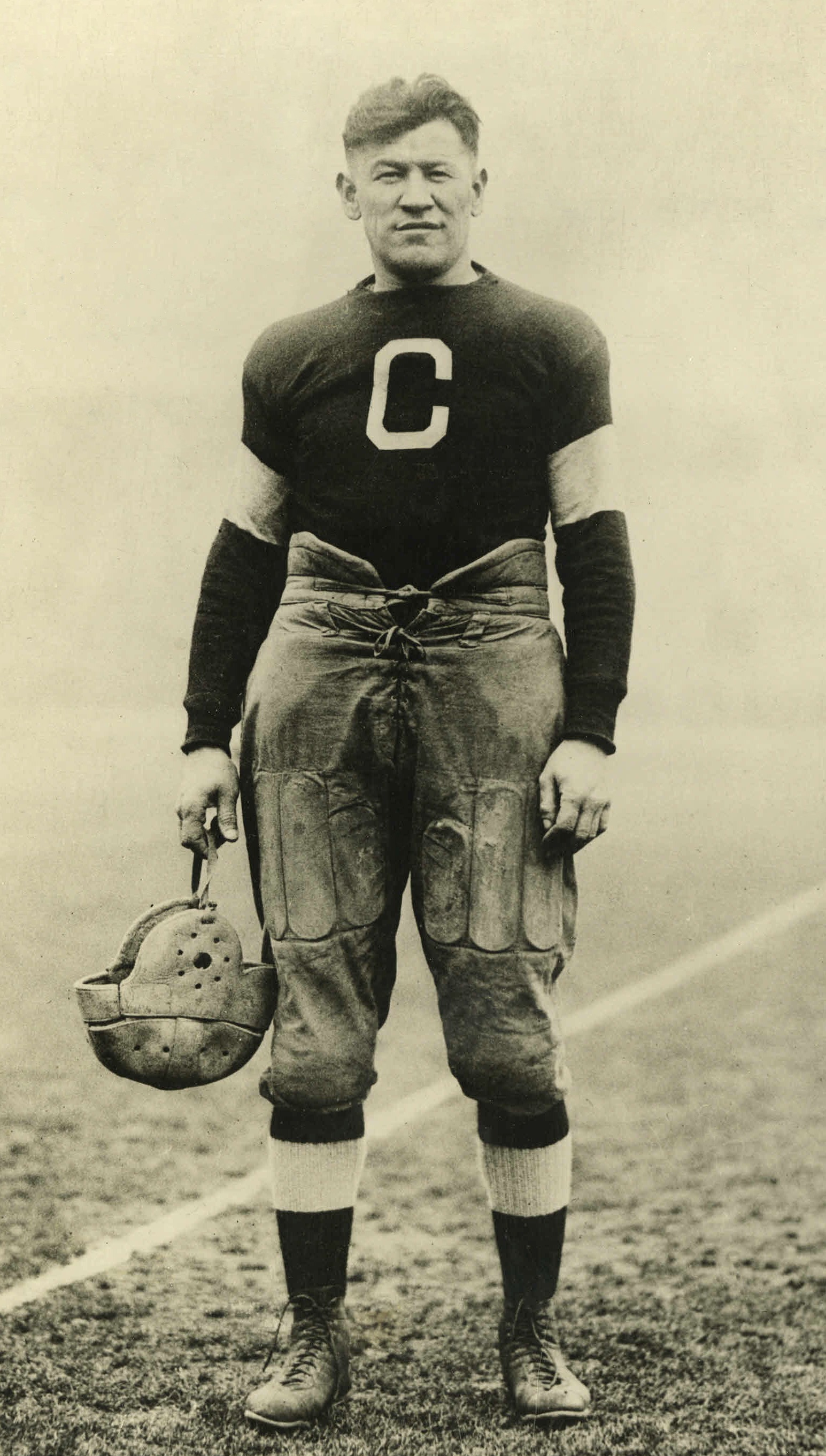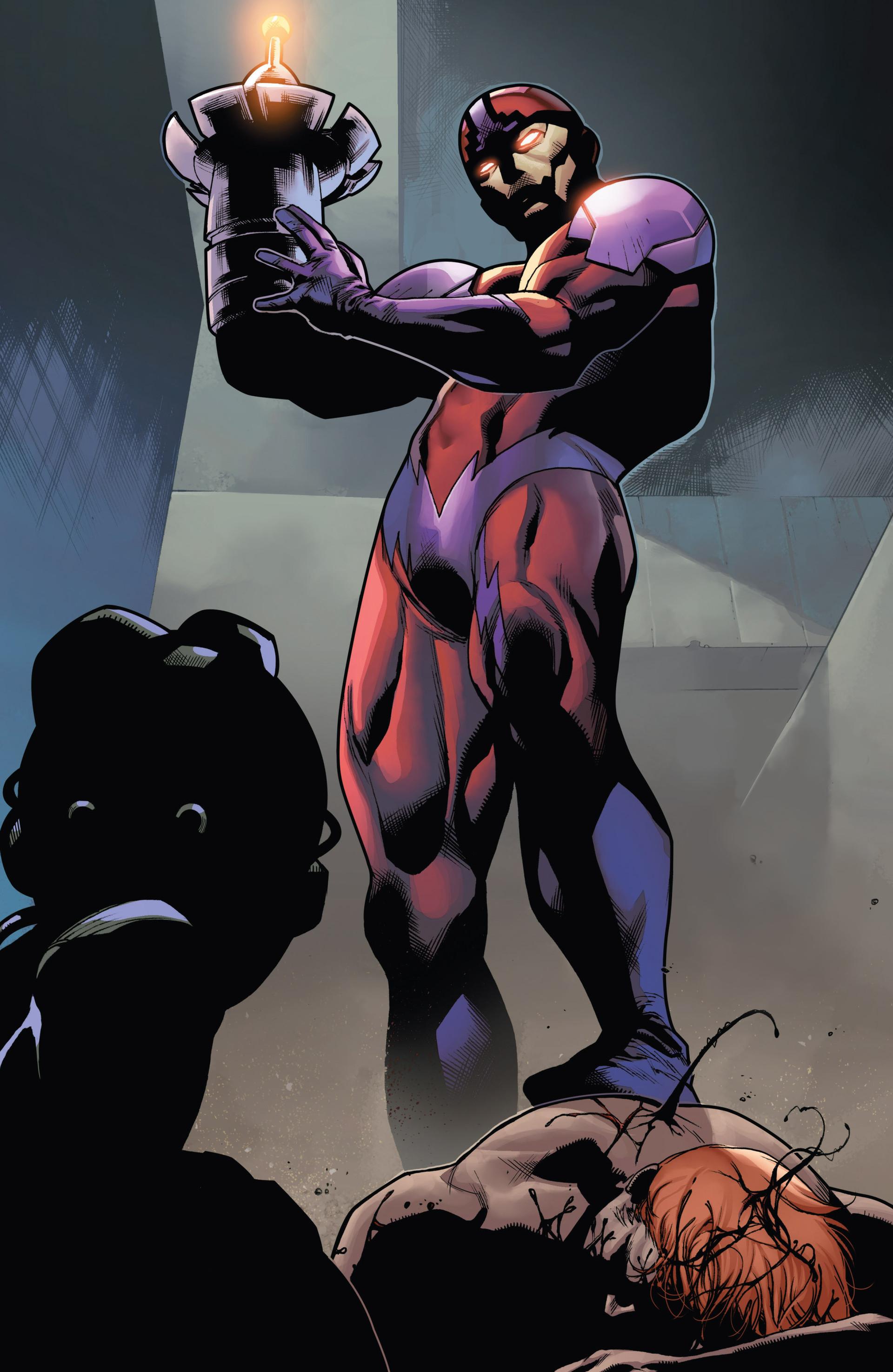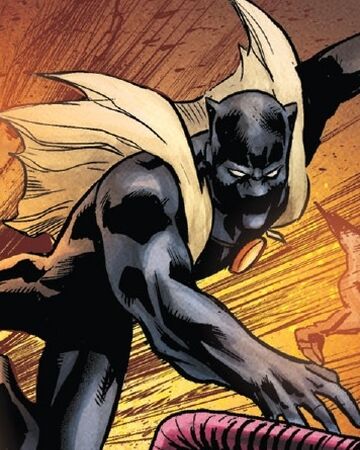My Recent Reads
Fantastic Four Annual #3
Originally Published October 1, 1965
Writer: Stan Lee
Artist: Jack Kirby
- The wedding of Reed and Sue Richards!
- Primary villain: Dr. Doom, using a mind control machine to unleash an onslaught of Marvel baddies upon the happy ceremony.
- Fortunately, the FF invited their own vast posse of Marvel superheroes to save the day.
- Highlight: a cameo for Stan and Jack themselves at the end.
Fantastic Four #49
Originally Published April 1, 1966
Lee/Kirby
- Part two of the Galactus Trilogy
- The Fantastic Four face the enormous task of stopping Galactus from stripping Earth of all its life energy. In this act of heartlessly destroying an entire civilization for his own gain, Galactus reminds me of Star Trek's Borg.
- The Watcher sends the Human Torch through hyperspace to his own planet in order to retrieve a weapon.
- Through complete coincidence, the Silver Surfer stumbles into the apartment of Alicia Masters, Ben/Thing's girlfriend. Contrived though the encounter is, their conversation is the turning point of the entire narrative. Through Alicia, the Surfer learns of humanity's capacity for compassion. It's quite moving. I got goosebumps. No joke!
Fantastic Four #50
Originally Published May 1, 1966
Lee/Kirby
- The Galactus Trilogy concludes spectacularly.
- The Silver Surfer turns on Galactus, his master, having gained sympathy for humanity through his encounter with Alicia in the previous issue.
- Torch returns with the weapon from the Watcher's world.
- Galactus finally relents when faced with the Watcher's weapon in Reed's hands. He doesn't go quietly, stripping the Silver Surfer of his space-time powers as punishment for his rebellion.
 |
| via PopOptiq |
- Galactus's final frame, a 3/4 box at the top of page 10, is extraordinary. His parting words: "And at last I perceive the glint of glory within the race of man! Be ever worthy of that glory, humans... Be ever mindful of your promise of greatness!... For it shall one day lift you beyond the stars... or bury you within the ruins of war!! The choice is yours!!"
- Wow!
- Worth noting: this story was published in the spring of 1966. A rather famous science fiction franchise would debut on television screens in September of that year (see here). I don't know if the Galactus Trilogy had a direct impact on Star Trek but Galactus's message would certainly have resonated with Trek creator Gene Roddenberry. The entire premise of the series is predicated on Earth having attained a more enlightened morality, thus being worthy of engaging with alien cultures. Humanity on trial is certainly a narrative well Trek has gone back to frequently. Perhaps, as the United States was becoming more deeply embroiled in the Vietnam War, a lot of people were coming to similar conclusions.
- For his part, the Silver Surfer suggests a connection to another franchise: Doctor Who. In fact, aren't both Galactus and the Surfer essentially Time Lords? I guess not any more for the Surfer once he's stripped of his broader traveling powers but his coming to the defense of humankind is quite Doctor-like indeed.
- Amazingly, with all of that, there was still room for another story: Johnny Storm goes to college, the fictional Metro College. We meet his new roommate, Wyatt Wingfoot.
 |
| via Marvel Database |
Fantastic Four #51
Originally Published June 1, 1966
Lee/Kirby
- An unnamed villain kidnaps Ben Grimm and takes on his powers.
- The world of Johnny Storm's college life gets some development. We meet Coach Thorne who does his best to recruit Wyatt Wingfoot for the football team. We learn Wyatt is the son of a famous decathlete. Clearly Wyatt is an homage to Jim Thorpe, Olympic champion decathlete and pentathlete as well as a star in the early years of the National Football League. Like Wyatt, Thorpe was a Native American.
 |
| via Wikipedia |
Fantastic Four #52
Originally Published July 1, 1966
Lee/Kirby
- I read and discussed this issue fairly recently (see here). At that time, I considered the story from the Black Panther perspective. Now, I can view it more clearly from the FF side.
- The Black Panther has invited the Fantastic Four to Wakanda for a "Most Dangerous Game"-esque adventure. He intends to hunt them.
- Wyatt is brought along for the ride. When I read this comic before in February, I wondered if the Black Panther story is, at its heart, racist. I'll get to back to that question in a bit. For now, I can say the Wyatt part most certainly is. He demonstrates the stereotypical scouting and tracking prowess of what are at one point described as his "red-skinned forebears." He definitely wears the noble savage mantle.
- Lawrence Welk reference!
Fantastic Four #53
Originally Published August 1, 1966
Lee/Kirby
- The Black Panther story continues. After the FF managed to outwit the BP, he flips around to become a welcoming host. He tells his new friends the history of Wakanda and the Vibranium which is the source of the nation's technological sophistication and his own personal wealth.
- And yes, the story is definitely racist. The costuming and tribal dance employed are straight out of the same mindset that brought the "1940s tribal Africa" concept to Star Trek's notorious "Code of Honor" episode. The Black Panther is a highly educated man and his citizens are, in truth, far from primitive. But the fact remains, they still look as 1960s white America would expect them to look and there's no reason they need to.
- Is this the price of inclusion, for both Blacks and Native Americans? I can't say I saw any non-Caucasian Earthlings on Fantastic Four's pages prior to #53. Black Panther is not a criminal or a servant. In 1966, does this qualify as progress?
 |
| via Marvel Database |
- We get the first FF/BP team up. Together, they take on Klaw, the man who killed BP's father, T'Chaka, the prior Black Panther and King of Wakanda.
 |
| via Marvel Database |
Yeah, I think in 1966 it was huge progress.
ReplyDeleteAnd, as a society, we didn't even have an understanding of the kind of racial profiling you're talking about until the last decade-ish.
Black Panther, Power Man, and Blade were major stepping stones.
We're still learning.
Delete